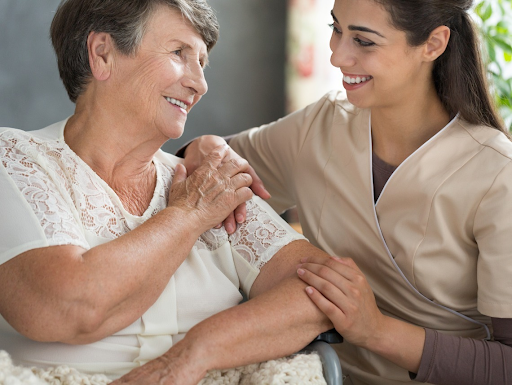Although some aspects of life are preventable, ageing is one aspect of our lives we have little control over. Exercise and healthy eating are proven to prolong the duration of life, but becoming older can still affect those who are more vulnerable than other people. When deciding the best place for your loved ones to receive the attention they require in this phase of their lives, it can be overwhelming looking through the options available.
Parkinson’s disease, Alzheimer’s disease, Dementia, COPD, and similar diseases are becoming more prevalent among the elderly, which is the reason for the increased need for services to care like assisted living and in-home health services. Every health care provider offers each patient personal and customized assistance to make their lives less stressful and provide peace of mind to their loved relatives.
One of the most relaxing and relaxing methods of providing assistance to senior citizens is to provide companionship care services. Companion care is comparable to health care in-home; however, it is a more personal experience. It also offers more benefits than many in-home health providers.
UNDERSTANDING IN-HOME HEALTH CARE AND COMPANION CARE
IN-HOME HEALTH CARE
A short-term, at-home treatment to maintain or restore health after a complication or diagnosis.
Through in-home healthcare services, a certified professional or nurse comes to visit patients at their homes regularly to assess the health status of the patient. They might assist with issues like vital sign monitoring, wound care, therapy and ensuring that your patient is on track in healing. This kind of care is often required for those newly diagnosed with diseases, i.e. heart disease and diabetes, or after a just discharged from rehab or hospital stay. It can also be caused by injuries resulting from accidents that include but aren’t only a broken hip or a broken leg. After a prolonged amount of time, the insurance service is terminated, and the patient can continue the everyday activities of their day.
COMPANION CARE
A caregiver who has been certified and matched with the client provides daily or weekly care, such as taking care of errands and chores, paying bills, or cleaning the house.
Through companionship home care, a professional is paired with clients and can help with various daily activities that are difficult to complete due to conditions that affect movement or cognitive function. Companion care could include running errands such as grocery shopping, pharmacy pick-up, dry cleaning, etc. Making appointments, reminders for medication meals, meal preparation, and cleaning up the garbage. Companion home health care allows seniors to continue living independently or with their family while being part of their everyday routine. The elderly can remain in the comfort of their home and depend on their companions to help with the most minor tasks.
According to the National Health Statistics Report released by the Alzheimer’s Association in 2011, more than two-thirds (68.7 per cent) of patients in-home health care are over 65. Furthermore, 68.5% of health care patients are relatives or non-family members.
Conclusion
The need to ensure the safety, health and well-being of the elderly is becoming more critical. Middle-aged Americans are beginning to recognize that their parents will likely require help shortly and are looking to provide the best quality of services for them. With services for companion care from companies, your loved family members will get the support they require, at the time they need it, from the convenience of your home living space.

